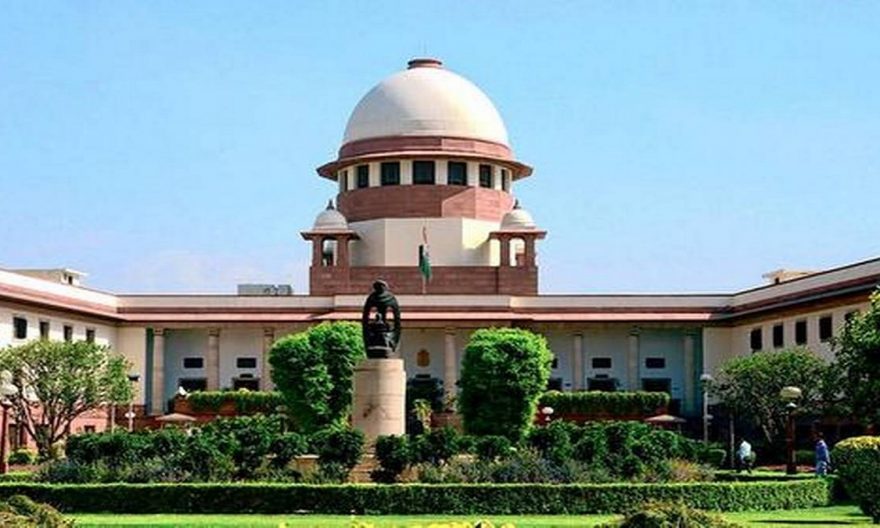
The Supreme Court in the case Deepak Yadav vs State of UP observed that the cancellation of bail cannot be limited to the occurrence of supervening circumstances. The Top Court observed in a judgement delivered on 20 May 2022. The bench comprising of Chief Justice of India NV Ramana, Justices Krishna Murari and Hima Kohli observed, thus the bench allowed the appeal against a judgment of Allahabad High Court which granted bail to a murder accused. In the present case, the bench observed, while setting aside the bail that the High Court has not taken into consideration the criminal history of the Accused, the nature of crime, the material evidence available and the involvement of the Accused in the said crime and recovery of weapon from his possession. In the judgement, the court observed and discusses the principles governing grant of bail and also the importance of assigning reasoning for grant or denial of bail. It was observed by the court that there is prima facie need to indicate reasons particularly in cases of grant or denial of bail where the accused is charged with a serious offence. The bench stated that the sound reasoning in a particular case is a reassurance that discretion has been exercised by the decision maker after considering all the relevant grounds and by disregarding extraneous considerations. Adding to this, the court stated that the cancellation of bail cannot be limited to the occurrence of supervening circumstances. The bench stated that this court certainly has the inherent powers and discretion to cancel the bail of an accused even in the absence of supervening circumstances. Following are some of the illustrative circumstances where the bail can be cancelled: Where the court granting bail takes into account the irrelevant material of substantial nature and not trivial nature while ignoring relevant material on record. Where the court overlooks the influential position of the accused in comparison to the victim of abuse or the witnesses especially when there is prima facie misuse of position and power over the victim, the court while granting bail. Where it is completely ignored the past criminal record and conduct of the accused, while granting the bail. Where on untenable grounds, the bail has been granted. Where in the order granting bail thereby causing prejudice to justice, serious discrepancies are found. Where the Court granting bail was not appropriate in the first place given the very serious nature of the charges against the accused which disentitles him for bail and thus the granting of bail cannot be justified. Where in the facts of the given case, the order of granting bail is apparently whimsical, capricious and perverse




